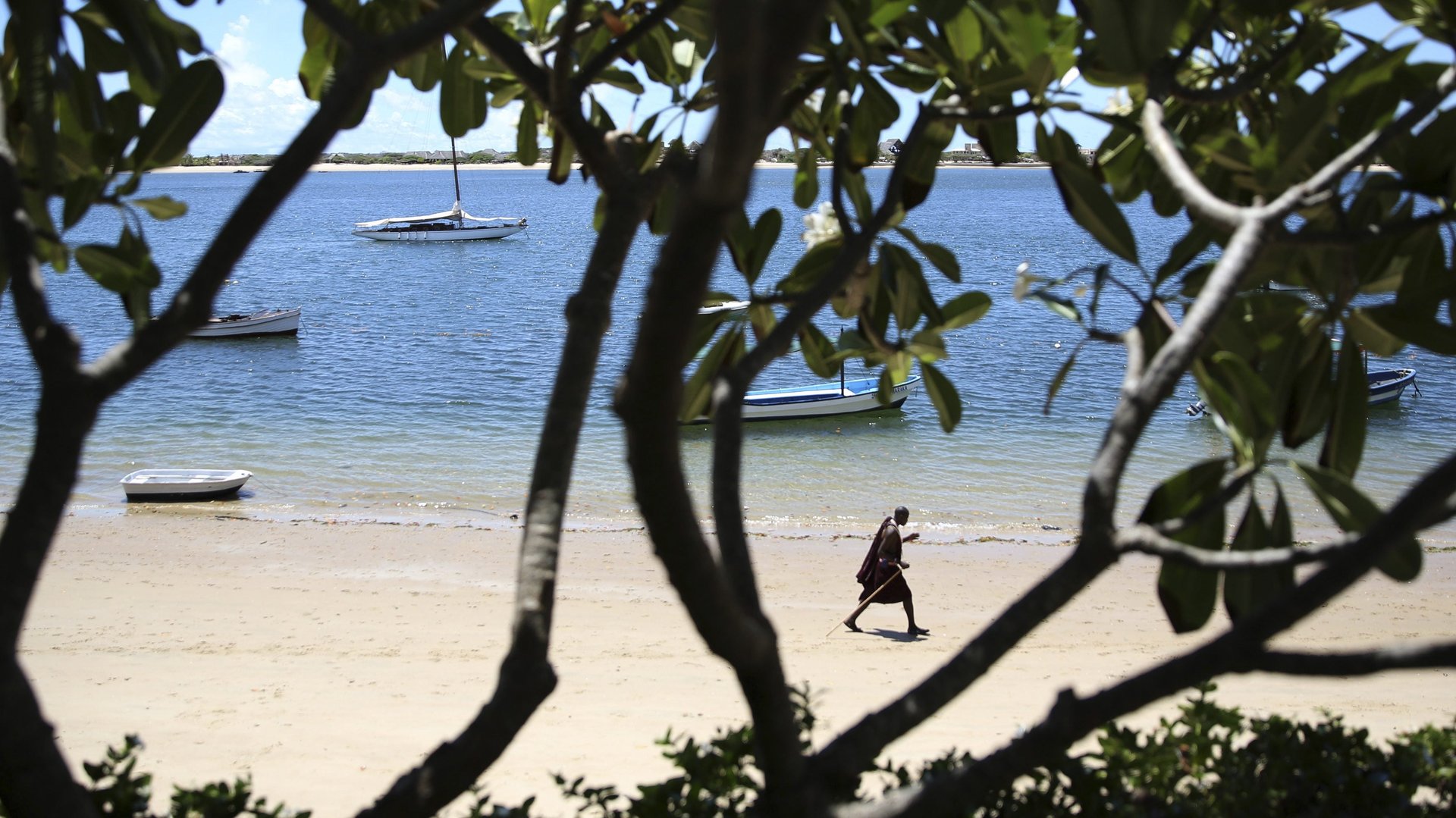Africa’s tourism industry is now the second fastest growing in the world
Some 67 million tourists visited Africa in 2018, representing a rise of 7% from a year earlier, making Africa the second-fastest growing region when it comes to tourism, after Asia Pacific.


Some 67 million tourists visited Africa in 2018, representing a rise of 7% from a year earlier, making Africa the second-fastest growing region when it comes to tourism, after Asia Pacific.
African countries are now reaping the benefits from positive policy changes coupled with increased investments in the sector, that have made it a more attractive destination for tourists.
In Ethiopia, for example, relaxing visa restrictions while improving flight connectivity has seen Addis transformed into a regional transport hub, even overtaking Dubai as the world’s gateway to Africa. This has resulted in Ethiopia becoming Africa’s fastest growing travel country, growing by 48.6% in 2018, according to Jumia Africa Hospitality report,
Business visitors numbers in particular have received a boost from business-enabling reforms from some governments that have seen the potential in diversifying the sector. Kenya, Rwanda and South Africa have undertaken initiatives to position themselves as locations for conferences and exhibitions.
Such reforms have sparked investments in hotels, and business expenditures now account for 29% of tourism spending while leisure spending accounts for 71% showing the growth potential of tapping into “bleisure” travelers. This is an emerging group in the tourism market – those primarily traveling for business, but staying on for leisure.
In absolute figures, the continent’s share of the global tourism pie remains small. While accounting for 8.5% of GDP and employing 24.3 million people on the continent, only 5% of international tourist arrivals were to African countries. Additionally, in 2018, only 1% of the $1.7 trillion earnings in the sector were on the continent.
There is room for optimism as there are already quite a few changes and initiatives underway that could see a continued growth in 2020 figures. Such changes include “Year of Return” style campaigns to attract black diaspora from the Americas, the easing of visa restrictions by some countries particularly for Chinese visitors and other Africans, the increased flight connections regionally and globally and the meteoric growth of Airbnb listings on the continent etc.
Jumia is optimistic about the impact of the implementation of the African Continental Free Trade Area (AfCFTA) which came into effect at the end of May. “It will definitely increase intra-regional business, and thus yield huge economic benefits to the continent,” says Estelle Verdier head of Jumia Travel.
Sign up to the Quartz Africa Weekly Brief here for news and analysis on African business, tech and innovation in your inbox